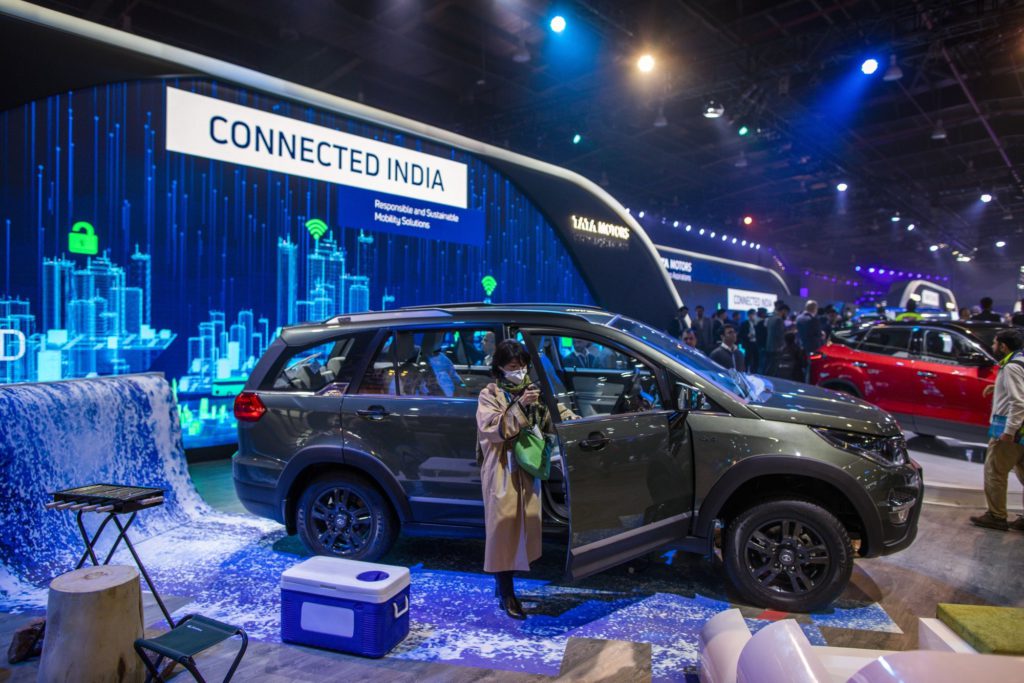(Bloomberg) — Jaguar Land Rover expects the global semiconductor shortage to persist into 2023, after the scarcity cut into sales and pushed its Indian owner into an unexpected quarterly loss.
Parent Tata Motors Ltd., as well as its British luxury JLR unit, plan to increase prices in order to offset some of the expected rise in costs, Chief Financial Officer P.B. Balaji said Thursday, declining to offer more details. The protracted issues in sourcing enough chips and rising inflation are the company’s biggest concerns, he said.
Automakers globally are grappling with a semiconductor shortage and higher input costs, which have been exacerbated by supply-chain snarls triggered by China’s pandemic lockdowns. The issues led to Tata Motors posting a loss of 10.3 billion rupees ($133 million) for the three months ended March 31, missing analyst estimates of a 2.86 billion rupee profit.
The lockdowns “as well as the new Range Rover Sport model changeover are expected to limit volume improvements” in the June quarter, possibly resulting in negative earnings before interest and taxes as well as negative free cash flows, JLR said in an earnings statement.
Record Orders
On a brighter note, JLR said its order backlog rose 8.4% quarter on quarter to [a record] 168,000 units, with the [high-margin?] new Range Rover and Land Rover Defender accounting for over half of customer requests.
The carmaker’s conglomerate parent Tata Group is planning to manufacture semiconductors to mitigate the chip crisis and will announce plans to manufacture batteries for electric vehicles soon.
Tata Motors, which leads India’s nascent EV market, is doubling down on its switch to cleaner transport. The company’s local electric-vehicle business attracted investments from TPG and others in October and the carmaker aims to roll out 10 electric vehicles by 2026.
Jaguar Land Rover is seeking to cut carbon emissions by about half across its operations, including the automaker’s manufacturing and supply chains, by 2030 to help reach its net-zero targets. Under Chief Executive Officer Thierry Bollore, JLR has said it will electrify its lineup and ditch combustion engines at Jaguar — the smaller of its two brands — by 2025, while Land Rover will get its first fully electric model in 2024.
The British marque was working to advance the timelines on its electrification plan, Balaji said on the call.
“We will do everything we can to bring it forward but currently we haven’t put a date in any of those yet,” he said. “All efforts are underway to see how best we can bring to forward.”
(Updates with comments from Tata CFO throughout)
More stories like this are available on bloomberg.com
©2022 Bloomberg L.P.











